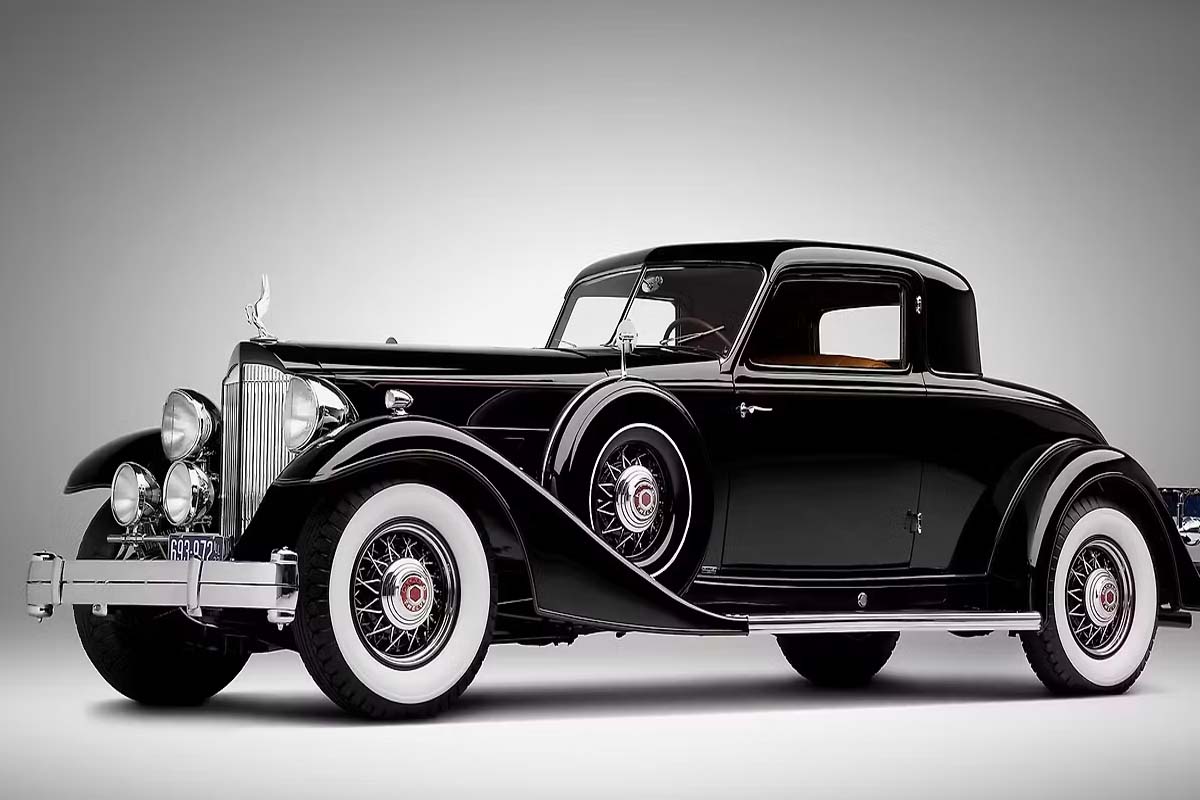The Ministry of Road Transport & Highways (MoRTH) has issued a new notification with revision of the vehicle registration renewal fee for motor vehicles older than 20 years. The move aims to discourage owners to keep the aging vehicles on Indian roads and push them toward scrapping old models under the government’s vehicle scrappage policy.
Revised Renewal Charges for Vehicles Over 20 Years
As per the latest notification dated August 21, 2025, the renewal charges have been significantly increased across categories:
- Light Motor Vehicles (LMVs/cars): Raised from ₹5,000 to ₹10,000.
- Motorcycles: Increased from ₹1,000 to ₹2,000.
- Three-wheelers & quadricycles: Hiked from ₹3,500 to ₹5,000.
- Imported two- and three-wheelers: Renewal fee fixed at ₹20,000.
- Imported vehicles (four wheels & above): Charges set at ₹80,000.
This revision comes after MoRTH’s earlier draft proposal released in February 2025, which has now been implemented.
Background of the Policy Change
This is not the first time MoRTH has revised renewal charges. Back in October 2021, the ministry had also raised registration and renewal fees for motorcycles, cars, and three-wheelers to minimise the use of older and polluting vehicles.
The new amendment is part of India’s broader vehicle scrappage initiative, which encourages citizens to replace aging cars and two-wheelers with newer, safer, and more fuel-efficient models.
Supreme Court’s Recent Intervention in Delhi-NCR
Interestingly, this decision comes just weeks after the Supreme Court of India directed authorities not to take coercive action against owners of diesel vehicles older than 10 years and petrol vehicles older than 15 years in Delhi-NCR.
The Delhi government had appealed to the court, highlighting that actual vehicle usage should be considered rather than only the manufacturing year.
Government’s aim for Vehicle Owners
With the double renewal fee, maintaining vehicles older than 20 years will now become more expensive for owners. For many, scrapping older vehicles and upgrading to newer models may prove to be a more cost-effective option.
The move will help India’s clean mobility push, aiming to reduce pollution levels, improve road safety, and promote adoption of eco-friendly vehicles in the future.
